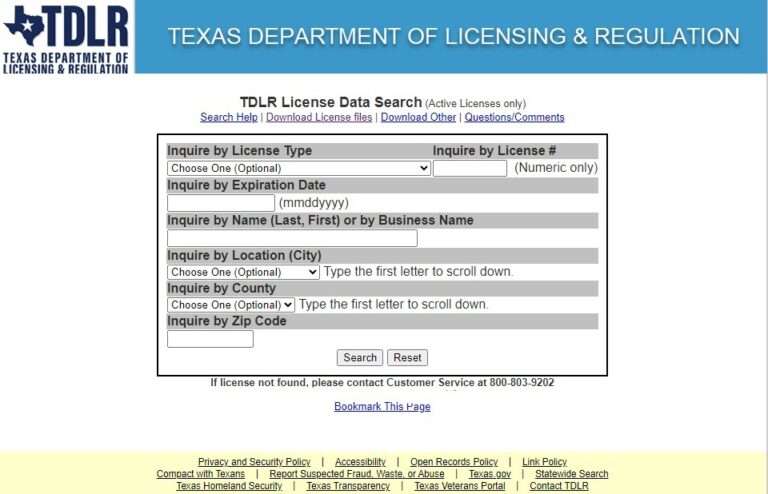When a young person turns 18, it’s an exciting time full of possibilities. Being able to vote and no longer adhering to a curfew is just the beginning. Now an official adult, it’s time to begin a new chapter that sets the foundation for the rest of their life, including their financial wellness.
“How you manage your money today will impact your financial future because at 18, you’re now building a credit history that matters for many years to come,” Jeff Richardson, head of Marketing and Communications at VantageScore Solutions. “Getting bank accounts, using credit wisely and taking out loans thoughtfully all are important aspects of building and maintaining a good credit report and score.”
Richardson recommends young adults take these five steps to start building a positive credit history:
Check your credit score for free
VantageScore credit scores were introduced in 2006 and the credit scoring model was initially developed by the three nationally recognized credit reporting companies, Equifax, Experian and TransUnion. Over 12.35 billion VantageScore credit scores were used between July 2018 and June 2019 alone. Know your credit score, manage it well and take steps to improve it. Visit your.vantagescore.com/free to learn where you can go to get your credit score at no cost.
Pay bills on time every time
Paying bills on time or even ahead of time is one of the best things you can do to build a positive credit report and raise your credit score. Find a system for managing your bills and expenses that works well for you. Some people keep a spreadsheet, others use online programs or digital apps. In fact, your current bank may offer online bill pay options so that you can set up your payments automatically (just make sure you always have enough in your account so that you don’t bounce payments). Discover what works best for you to ensure that you always pay bills before the due date.
Budget and create an emergency fund
Start a viable budget by analyzing wants versus needs for each month. When creating a budget, you should also make sure to use your net income after taxes rather than your gross income before taxes so that you will get a realistic idea of what you can afford and where you should make cuts. Furthermore, if you don’t already have a savings account, consider opening one up. While a savings account won’t show up on your credit report, it does provide you with a simple way to save in case of an emergency. That way if you’re hit with an unexpected bill, you will still be able to pay it on time, and that timely payment can protect your credit report and score.
Take out loans wisely
Taking out a loan and paying monthly installments diligently helps build good credit. However, you shouldn’t take out more than the amount you need or can afford. For example, if you need to get a car loan, consider a moderate car that does the job rather than an expensive upscale one that will take much longer to pay off. Likewise, school loans are a necessity for many people. While you likely won’t have to start making payments on these loans until after graduation, you should try to keep student loan debt at a minimum. Take out what you need for tuition and associated school expenses, rather than borrowing additional amounts for things like vacations. That way you will have a smaller loan to pay off when you start working so you never have to stress about making a payment on time.
Every other financial transaction while you are in college is an additional chance to build and enhance your credit history and you should treat them as such. Pay your bills on time, especially those with your name on them, such as utilities.
“Smart steps at 18 can help you achieve a great credit score and set you up with a lifetime of good financial habits,” says Richardson. “Even if you’re older than 18, there’s no better time than the present to make wise financial decisions that will help you build a credit history that will benefit you long term.”







